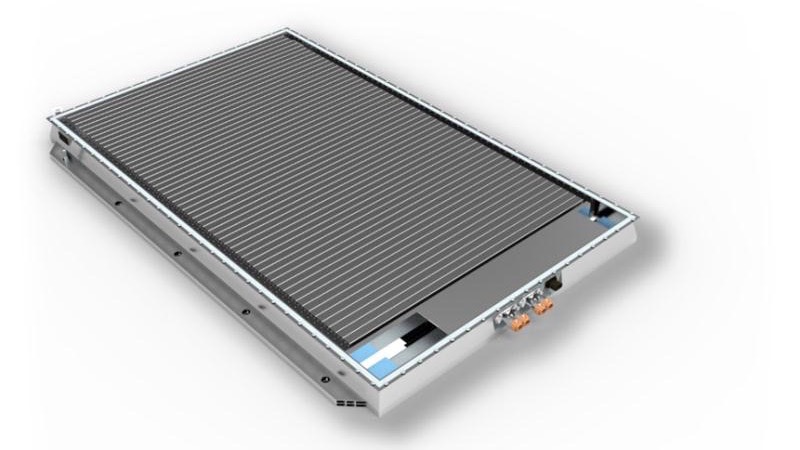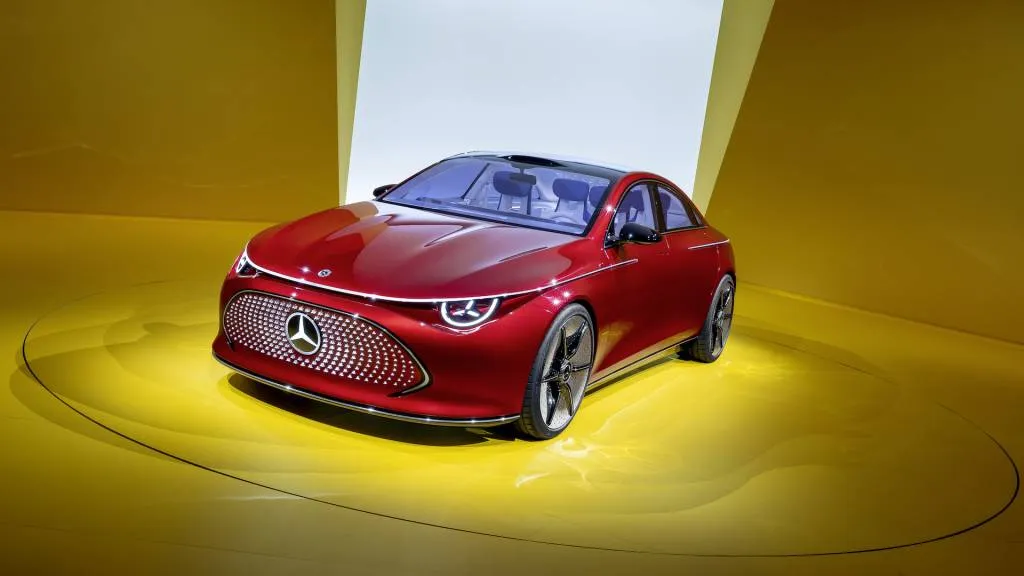Mercedes-Benz could use Chinese battery supplier BYD's Blade lithium iron phosphate (LFP) batteries in future Chinese-market EVs, according to a new report.
The source here is Chinese publication CBEA, which on Friday reported that Mercedes will start production of EVs with BYD batteries in 2025, citing an anonymous official of the automaker.
As noted by CarNewsChina, CBEA is an official magazine of the China Automotive Battery Research Institute (CABRI), a government-funded organization that counts Chinese automakers SAIC, GAC, Dongfeng, and Changan, as well as battery firm CATL, as shareholders. That seems to be a trustworthy source, although not even Mercedes representatives in China would publicly comment on the report.

BYD Blade battery pack
Mercedes has some history with BYD, CarNewsChina notes. The automaker in 2010 launched the Chinese-market Denza brand with BYD as a 50:50 joint venture. Mercedes largely pulled out of Denza in 2021, keeping just a 10% stake, with BYD continuing to operate it as one of its own brands.
BYD revealed the Blade battery in early 2020. It's the latest of several generations of LFP packs from the company and claimed to be a significant step forward in safety while gaining energy density—even though safety incidents for LFP packs were already extremely rare.
This would be the first use of LFP chemistry in a production Mercedes. LFP batteries generally aren't used much outside the Chinese market, but that's been changing, with Ford and Tesla now selling some LFP-equipped EVs in the U.S. BYD already has a supply agreement with Tesla for Europe.

Mercedes-Benz Concept CLA-Class
Mercedes this weekend showed the Concept CLA-Class, previewing the first compact EV based on the automaker's new MMA platform. The production version will arrive in the same timeframe that the report claims Mercedes will begin using BYD batteries. Battery chemistry wasn't discussed at the unveiling, but Mercedes said MMA vehicles will use a relatively small pack and rely on greater efficiency to achieve sufficient range.
In an effort to simplify Mercedes has even considered air-cooling for EV batteries. It was all part of the push for efficiency and escaping the weight spiral in its Vision EQXX concept for the platform itself.












